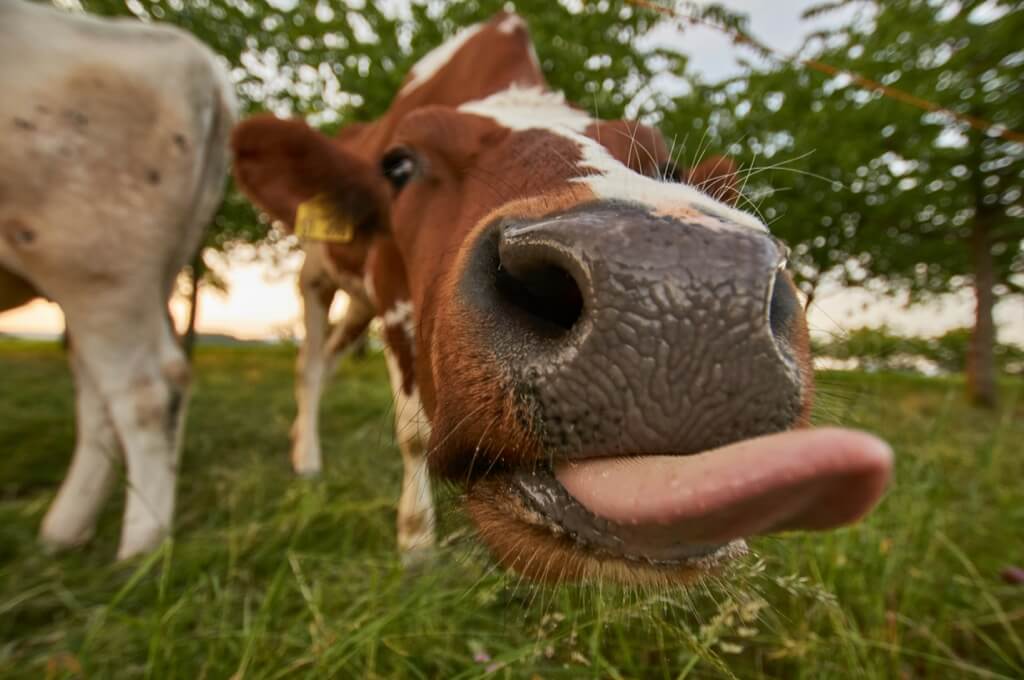
10 Surprising Facts That Will Surprise You
Edgar Allan Poe’s Tragic Marriage
Edgar Allan Poe, the famous American writer, married his first cousin Virginia Clemm when she was just 13 and he was 26. Virginia’s premature death 11 years later deeply affected Poe and influenced some of his most famous works, including “The Raven” and “Annabel Lee.” Poe’s grief was profound, with reports of him spending nights beside her tomb in the depths of winter, reflecting the depth of his loss and its impact on his literary creations.
Human Reproductive Statistics
Scientific studies reveal a stark contrast in reproductive biology between males and females. An average male produces enough sperm cells throughout his life to theoretically repopulate the planet several times over. In contrast, an average woman produces around 450 mature eggs in her lifetime. This fact highlights the vast differences in reproductive capacities and roles between the sexes.
A Tragic Incident at the Seoul Olympics
During the 1988 Seoul Olympics, a tragic accident occurred during the opening ceremony. Some doves, released as a symbol of peace, were accidentally burned alive when the Olympic flame was lit. This incident serves as a reminder of the unpredictable nature of live events and the importance of careful planning in ceremonial practices.
The Evolution of the Word “Swag”
Contrary to popular myths, the term “swag” did not originate in the 1960s. Its history dates back to the 14th century, initially meaning a “bulky bag” and later evolving to different meanings over the centuries, including a “blustering fellow” and an “ornamental festoon.” This evolution of language reflects the dynamic and changing nature of English vocabulary.
Gun Ownership and Firearm Deaths
Common misconceptions about Switzerland’s gun ownership and firearm-related deaths have been corrected. While Switzerland ranks fourth in gun ownership, its firearm-related death rate is relatively low, mainly due to suicides. This data provides a nuanced perspective on gun control and its impact on society.
Crime Rates Among Swiss and Non-Swiss Citizens
Recent data reveals that in Switzerland, non-Swiss citizens commit a higher rate of crimes compared to Swiss citizens, leading to stricter deportation laws. This fact raises questions about immigration, integration, and law enforcement in Switzerland.
U.S. Gun Ownership and Firearm-Related Deaths
The United States leads in gun ownership with 94.3 guns per 100 residents but ranks 12th in firearm-related deaths. The majority of these deaths are suicides, offering insight into the complex relationship between gun ownership, firearm-related violence, and mental health in the U.S.
Firearm Deaths in Honduras
Honduras has the highest rate of firearm-related deaths despite a relatively low rate of gun ownership. This alarming statistic highlights the acute problems of violence and security in Honduras, contrasting sharply with gun ownership statistics.
General Jan Zizka’s Unique Last Wish
General Jan Zizka of Bohemia, renowned for his undefeated military record, made a unique request before his death. He wished for his skin to be used for drum making, symbolizing his desire to lead his troops even in death. This historical anecdote showcases the extraordinary lengths of symbolic leadership in military history.
Gerald Ford’s Unusual Path to Presidency
Gerald Ford is unique in American history for becoming both Vice-President and President without being elected to either office. He assumed these roles following the resignations of Spiro Agnew and Richard Nixon, respectively. This unusual path to the presidency underscores the unexpected turns in American political history.

OnlyFans and Telegram have become prominent players in the adult entertainment sector. While this was…

In 2001, Robin Williams met Koko, a remarkable gorilla known for her ability to communicate…

It’s a classic urban legend: drop a penny from the Empire State Building, and it…

In 1850, a powerful storm in the Orkney Islands exposed the buried remains of an…
Bonus Fun Facts
- Without visible landmarks, humans tend to walk in circles. This is due to slight differences in leg length and varying muscle strength, which cause an imbalance in our walking pattern.
- In the 1830s, ketchup was sold as a cure for indigestion by an Ohio physician named John Cook. It wasn’t the ketchup we know today, but it did start the trend of tomato-based ketchup.
- Sloths can hold their breath longer than dolphins can. While dolphins can hold their breath for about 8 to 10 minutes, sloths can hold theirs for up to 40 minutes. They can do this by slowing their heart rates and conserving oxygen.
- Australia’s diameter from east to west is about 2,500 miles, making it wider than the moon’s diameter, which is about 2,159 miles.
- When rats are tickled, they make a laughter-like sound. This is not laughter in the human sense, but it indicates that they are engaged in playful and enjoyable activities.
- When Boeing was testing their in-flight Wi-Fi system, they used sacks of potatoes as stand-ins for passengers. Potatoes’ water content and chemistry absorb and reflect radio and wireless signals much like human bodies.
- A crocodile cannot stick its tongue out. Their tongues are fixed to the roof of their mouth so they don’t bite it while snapping down on prey.
- A shrimp’s heart is located in its head. This unusual anatomy is due to the shrimp’s compact body structure.
- Pigs cannot look up into the sky. It’s a physical limitation due to their neck structure and anatomy.
- An average cumulus cloud weighs around 1.1 million pounds. This weight is due to the water droplets and ice crystals suspended in it.
Isn’t it fascinating how the world is full of surprises? Who would have thought that ketchup had a medicinal past or that clouds are heavyweights of the sky? Nature’s quirks, like shrimp with hearts in their heads and sloths that can hold their breath longer than the adept dolphins, are like secret easter eggs in a video game – hidden but delightful when found.
And let’s not forget about us humans, who can’t even walk straight without peeking! It’s like nature has its sense of humor, playfully reminding us that there’s so much more to learn and chuckle about in the world around us.



